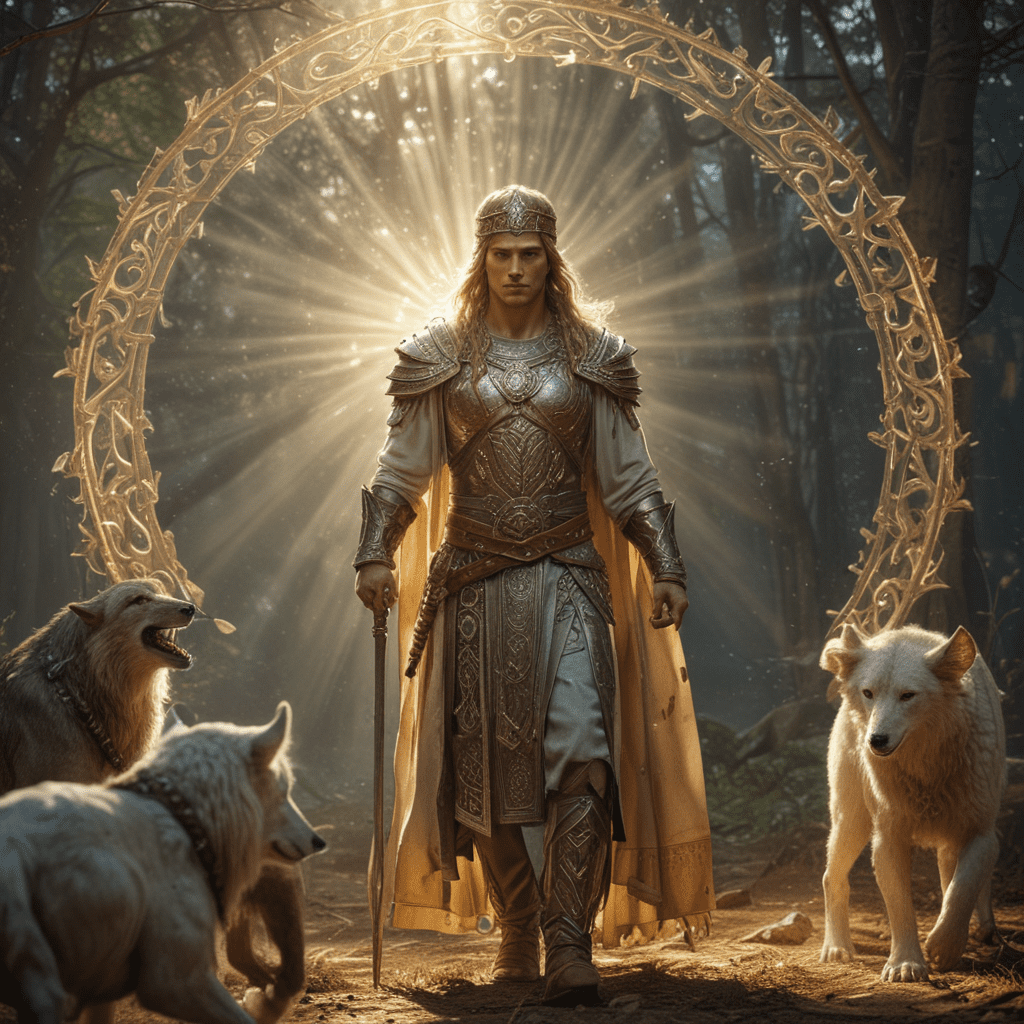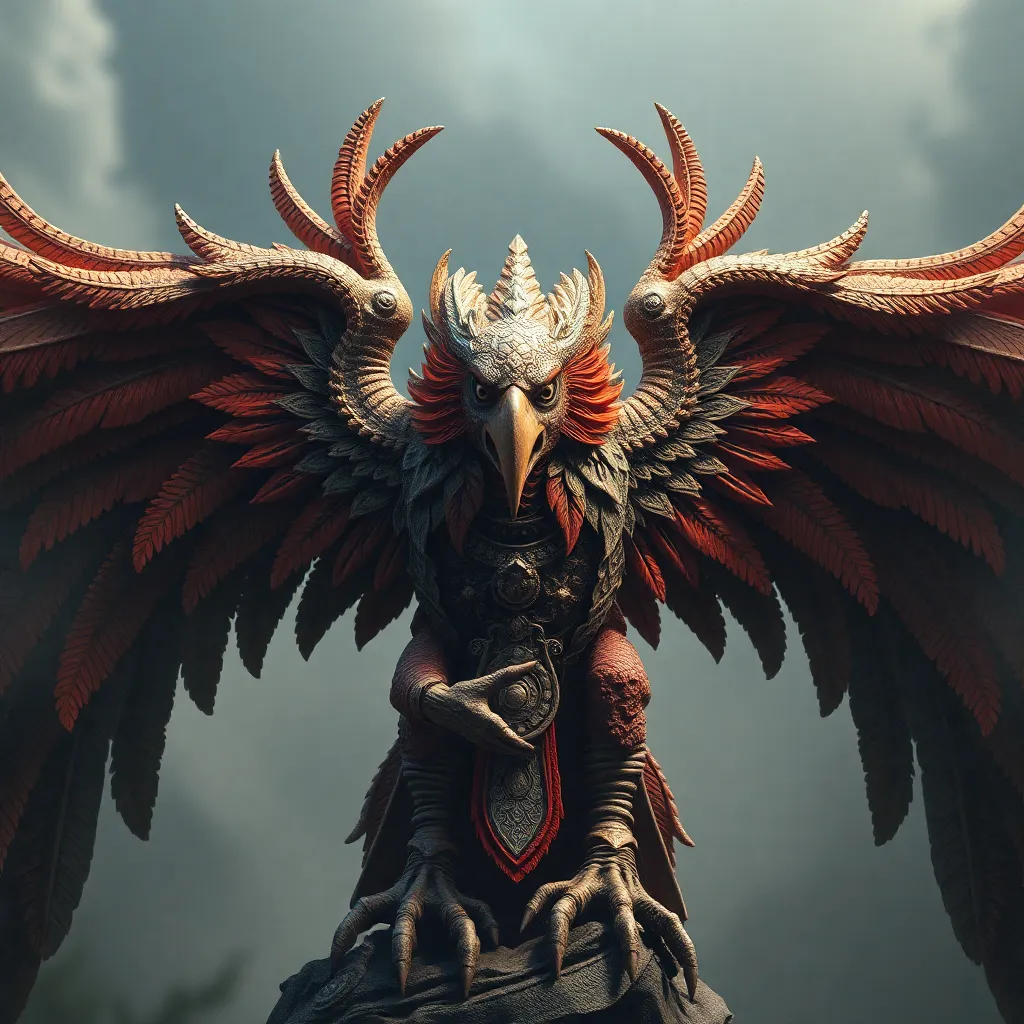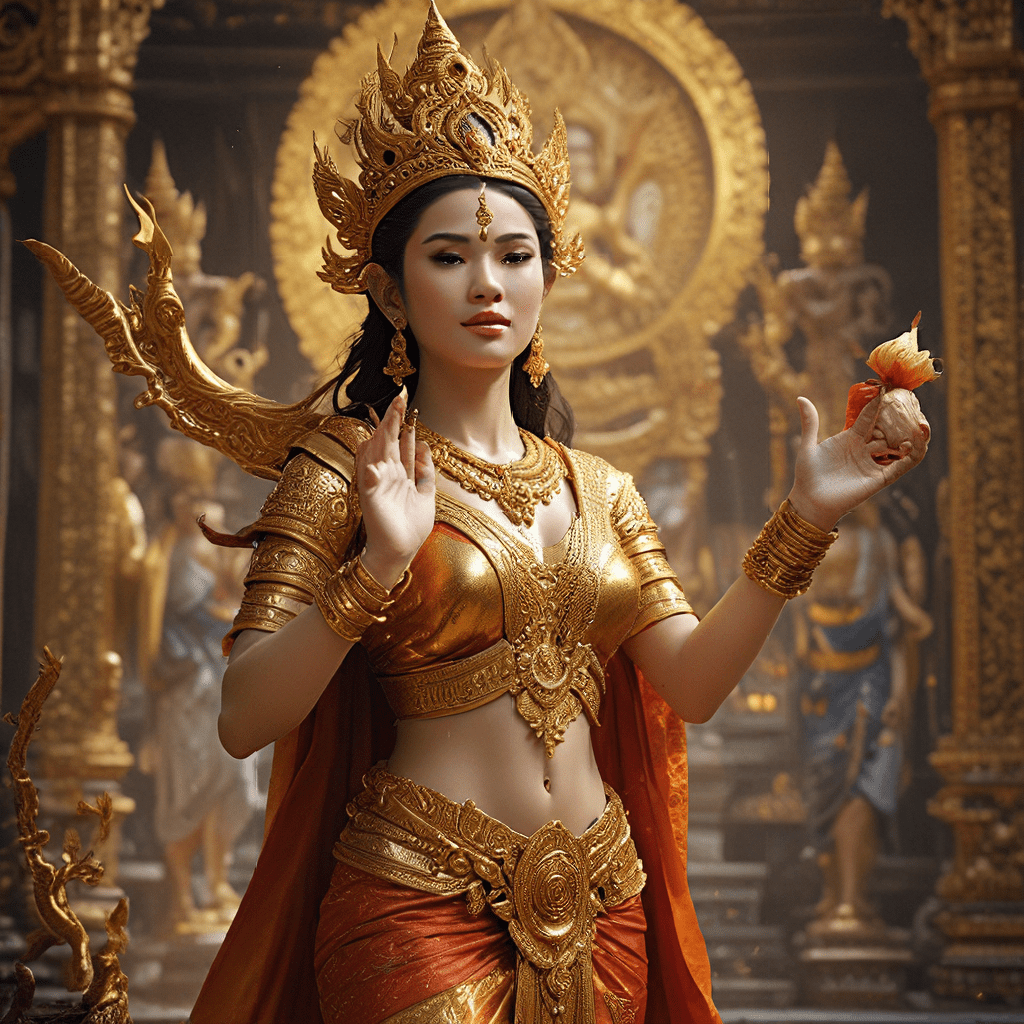The Symbolism of Light in Slavic Mythology
The ancient Slavs possessed a rich and multifaceted mythology, wherein light held a profound significance. Throughout their myths, tales, and traditions, light was revered as a sacred and potent force, imbued with celestial power, protection, and guidance.
1. The Cosmic Luminaries: Sun, Moon, and Stars
The sun, known as Dazhbog, was considered the supreme celestial deity, illuminating the world and giving life to all. Its warmth and brilliance were symbols of growth, prosperity, and abundance. The moon, known as Mesyats, represented the feminine principle, fertility, and intuition. It illuminated the night, guiding travelers and illuminating secrets. The stars, known as Zvezdy, represented the ancestors, watching over their descendants from the celestial realm. Their twinkling light brought hope, guidance, and protection to those who gazed upon them.
2. Fire: Divine Spark and Protector
Fire, the life-giving element, symbolized the creative energy of the gods. It was believed to have been brought to earth by the thunder god, Perun, and it was considered sacred, capable of purification and healing. The hearth fire was the heart of the home, a place where the family gathered for warmth, comfort, and protection.
3. Lightning: Messenger of Perun
Lightning, the manifestation of the thunder god Perun's wrath, was both feared and revered. Its destructive power could bring devastation, but it also symbolized renewal and purification. Lightning bolts were seen as a sign of Perun's power and justice, striking down those who offended the gods or violated the cosmic order.
4. Dawn: Birth and Renewal
Dawn, the time of day when darkness gives way to light, held special significance for the Slavs. It symbolized new beginnings, hope, and the promise of a brighter future. The morning dew was believed to possess healing and magical properties, and many rituals and customs were associated with the first rays of dawn.
5. Twilight: Transition and Mystery
Twilight, the time between day and night, was considered a mysterious and liminal period, when the boundaries between worlds blurred. It was believed that during twilight, the veil between the realm of the living and the realm of the dead thinned, allowing for communication between the two worlds.
6. Candles: Guardians Against Darkness
Candles, with their flickering flames, symbolized the triumph of light over darkness. They were believed to ward off evil spirits, protect against curses, and bring good luck. Candles were often used in rituals, ceremonies, and festivals to invoke the divine presence and create a sacred atmosphere.
7. Mirrors: Portals to the Supernatural
Mirrors, with their reflective surfaces, were believed to possess magical properties. They were thought to reflect not only the physical world but also the realm of the supernatural. Mirrors were used in divination and other forms of magic to gain insight into the future, communicate with spirits, and protect against harmful influences.
8. Amulets and Charms: Embodiments of Light’s Power
Amulets and charms, often adorned with symbols of light, were believed to possess protective powers. They were worn to ward off evil, bring good luck, and enhance health and well-being. The sun cross, the thunderbird, and other symbols of light were commonly found on these protective objects.
9. Rituals and Ceremonies: Invoking the Protective Glow
Light played a central role in Slavic rituals and ceremonies. The lighting of sacred fires, the carrying of torches, and the use of candles were all practices designed to invoke the protective power of light. These rituals were performed to celebrate important events, mark transitions, and ensure the well-being of the community.
10. The Light of the Ancestors: Guiding and Protecting from the Beyond
The Slavs believed that the light of their ancestors continued to shine upon them from the afterlife. This ancestral light was thought to guide and protect the living, offering wisdom, strength, and comfort in times of need. Ancestral spirits were often invoked through rituals and prayers, and their presence was symbolized by the flickering of flames or the soft glow of candles.
FAQ
Q: What was the significance of light in Slavic mythology?
A: Light was revered as a sacred and potent force, representing celestial power, protection, and guidance.
Q: Which celestial bodies were particularly important to the Slavs?
A: The sun (Dazhbog), moon (Mesyats), and stars (Zvezdy) held special significance, representing the masculine principle, feminine principle, and the ancestors, respectively.
Q: How was fire perceived in Slavic mythology?
A: Fire was considered a divine spark and protector, brought to earth by the thunder god Perun. It symbolized creative energy, purification, and healing.
Q: What rituals and customs involved the use of light?
A: Rituals involving the lighting of sacred fires, the carrying of torches, and the use of candles were common practices to invoke the protective power of light and celebrate important events.



